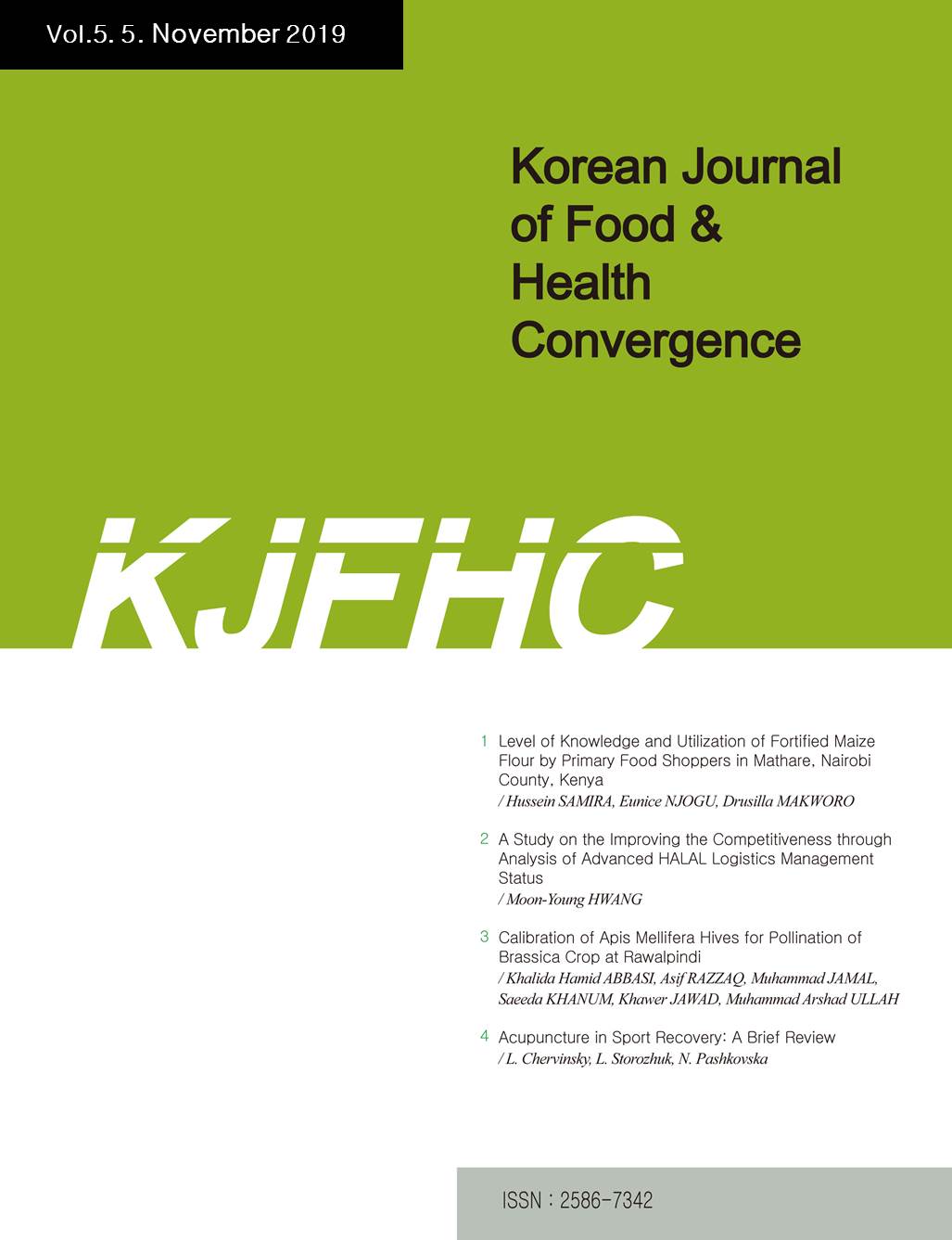 E-ISSN : 2586-7342
E-ISSN : 2586-7342
SLITINE, N El Idrissi
QORCHI, H.
MAOULAININE, F.M.R
Abstract
Blood transfusion in the neonatal period remains a therapeutic act, that no one dares to consider it as perfectly innocuous and that it is advisable to make rare, considering its risks as well immunological as infectious. The present work is a retrospective study, conducted in neonatal intensive care unit, in the University Hospital MOHAMED VI, Marrakech, during the period from January 1<sup>st</sup> to December 31<sup>st</sup>, 2019. All newborns were included in this work, who received one or multiple transfusions of red blood cells (RBC). Our study covered 60 neonates with a total of birth: 794 neonates, with a prevalence of 7.55%, hospitalized for various indications (60% of newborns were at term, 31.7% premature and 8, 33% were post-mature. The majority of transfusion procedures were performed during the first week of life. This is explained by the frequency of haemolytic anemias by fœto-maternal incompatibility. The main indications for transfusion were haemolysis, anemic syndrome and haemorrhagic syndrome. The average number of transfusion episodes was 1.95 +/- 1.47 per patient. Newborns were polytransfused in 18.33% of cases. A single transfusion accident was found in our study. However, we did not observe a correlation between the maternal diseases, the state of the newborn, and the transfusional indication.
- keywords
- Anemia, Red Blood Cells, Single Donor, Blood Transfusion, Newborn
- Downloaded
- Viewed
- 0KCI Citations
- 0WOS Citations
